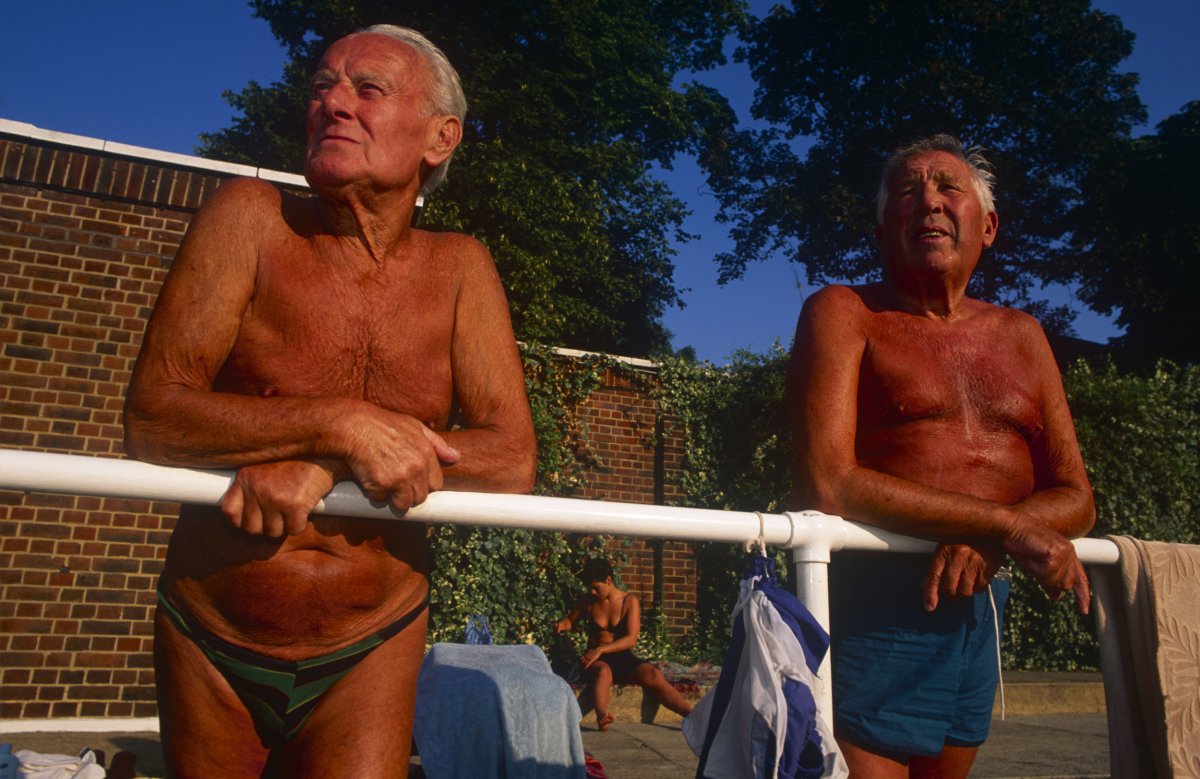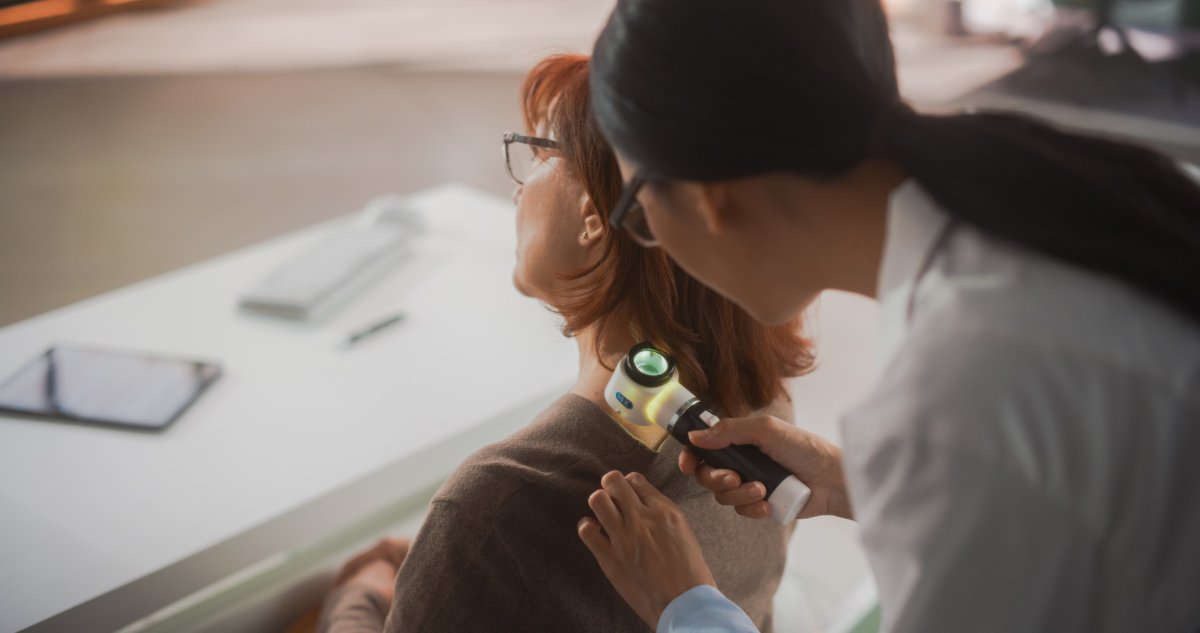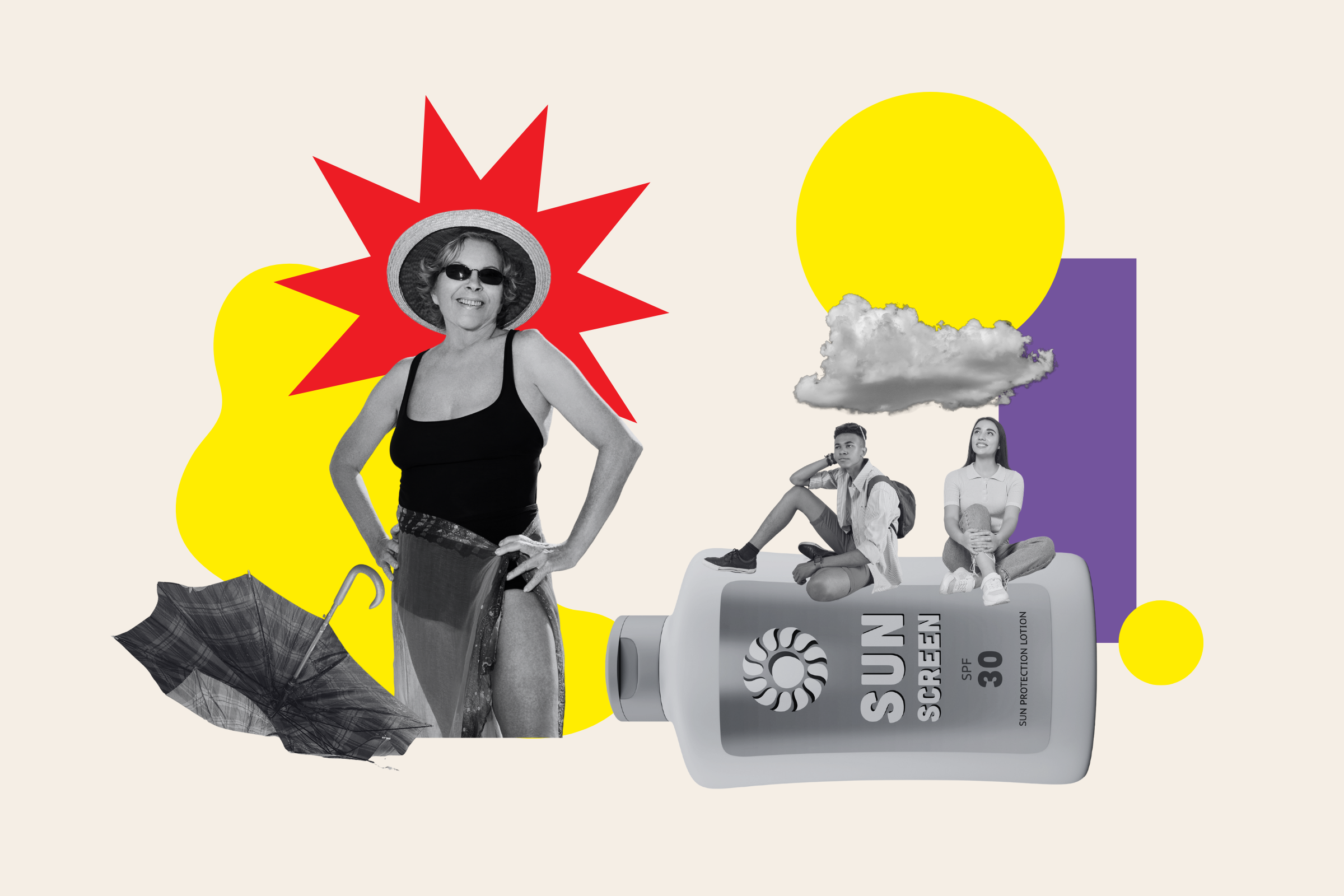A recent survey highlights a generational gap in sun protection habits, with baby boomers lagging behind younger generations. Despite the increasing awareness of the dangers posed by UV exposure, older adults are still hesitant to incorporate daily sunscreen use into their routines.
The Melanoma Research Alliance (MRA), which funded the survey conducted by Talker Research, interviewed 2,000 Americans between August 3 and August 8 to gather insights on their sun care habits. The results revealed that over a third of Gen Z respondents reported wearing sunscreen daily, contrasted with only about 20% of older generations.
Dr. Marc Hurlbert, CEO of MRA, emphasizes the significance of daily sunscreen application: “It doesn’t matter if it’s sunny, cloudy, or if you’re indoors near a window. Wearing sunscreen all year round is essential to shield against harmful rays that can lead to melanoma.”

Americans typically don’t prioritize sun protection until they hit the age of 26, by which time substantial skin damage may have occurred, raising the risk of skin cancers like melanoma. Alarmingly, melanoma cases in the U.S. have tripled over the past 40 years, with nearly 100,000 new cases expected this year, according to the American Cancer Society.
One troubling trend from the survey is that baby boomers often stop using sunscreen after Labor Day, mistakenly believing the risk decreases with cooler weather. This misconception can be dangerous, especially in Southern states, where UV rays persist year-round.

Even in colder months, individuals in warmer climates must remain vigilant about sun protection. Interestingly, while most people acknowledge the potential for sunburn throughout the year, only 30% of respondents treat sunscreen as a winter essential, compared to 70% who see it as a summer necessity.
Gender differences also emerged; men were notably less likely to apply sunscreen consistently, even with a higher risk of melanoma.

The survey indicated that many Americans believe they are well-informed about sun protection, with 75% feeling knowledgeable about it and 81% recognizing the risks of melanoma skin cancer. However, the results suggest that only Gen Z is effectively protecting themselves from sun damage.
As social media and digital content become primary sources of information for younger generations, baby boomers may miss out on essential educational resources related to sun safety. Channels like TikTok, YouTube, and Facebook are helping younger audiences stay informed.
